In today’s turbulent political times, we can see parents changing the channel from CNN because there are kids in the room and witness teachers picking their words carefully when talking about politics with students. This is an obvious result of America’s shift in political leadership and it has led to different voices being let out, many of which have been unable to catch fire for a long time until Donald Trump’s rise and eventual election.
We unfortunately find ourselves in a time where controversial voices like Milo Yiannopolis and Richard Spencer are thriving. A time where executive orders are once again filing American nails, picking at religion as a deciding factor of whether or not people can and will be allowed entry into this nation. A time of which a wall is claimed to be the only legitimate solution to a big immigration problem.
With all this division, it’s tough to keep a clear and open mind when looking into the future. But, before we look any further, let’s all take a moment to correct a fault in the way we look at each other. In elementary school, kids are taught of tolerance, whether it be religious tolerance or racial tolerance. Kids are presented with the fact that there are others out there whose hair, skin color, physical features, and beliefs differ, and they are told to “tolerate” those people. In order to understand this fracture in simply the way we look at others, we must delve into this “tolerance” that is always advised to have.
In the first place, what is tolerance? For example, a mother instructs her child that no more cookies are to be taken from the jar, but the child still goes and takes a cookie. In response, the mother will “tolerate” her child’s actions. In this example, we see that the child has clearly disobeyed the mother and still went ahead and took a cookie from the jar. The child has blatantly done something wrong, and the mother will tolerate it, she will “let the child go” this time. If we were to break down the word “tolerate”, we will find something noteworthy.
“Tolerance” loosely defines to letting the existence of something disliked to persist or continue. Already, out of the gates, the word itself has a negative connotation, as if you’re giving someone the pass-by, the “get away with it this time” ticket. If we have “tolerance,” that already implies a negative connotation to others and their actions. By using the word “tolerance” we are already saying that if someone’s beliefs differ, if someone’s skin is different, it’s like they’re stealing from the cookie jar, it’s like they are doing something wrong. Tolerance has a built-in implication that says that whatever you’re tolerating, whether it’s an action, person, belief, race, or even religion, it’s wrong, it’s bad.
This is exactly what we don’t need in this 21st Century. History repeats itself, so lets learn from it. English settlers “tolerated” Native Americans in the 1700’s by kicking them out of their own land and waging war against them. Caucasian plantation owners “tolerated” African Americans in the 1800’s by enslaving them and working them to the bone. Nazis “tolerated” Jews in the 1940’s by mass murdering them in concentration camps. Even today, Burmese Buddhists “tolerate” Muslims by persecuting and later executing them. This tolerance, it’s not working. This tolerance is exactly what leads to issues and problems between different people, because it alleges that something is wrong with the other side.
If we want to be the generation that finally looks past differences in others, we all have to start accepting each other. Acceptance is the more inclusive tolerance, it welcomes others with open arms. It sounds simple, and quite frankly, it is. We all have to recognize that there is rich diversity in this world that needs to be cherished and appreciated. We have to accept others for being a different race, following a different religion, or simply differing in ideals. We have to accept the fact that what may seem apparent to us isn’t to others and that by showing proper respect to those same people who are different, we can cut this gap, we can get over this difference. Instead of tolerating others lets accept them for who they are and move on from there. Only then can we look into the future.








